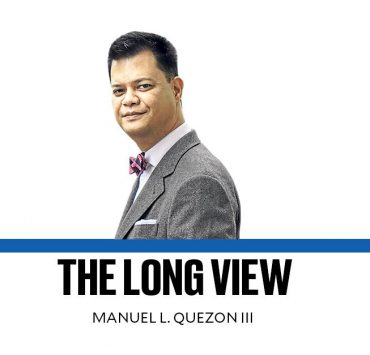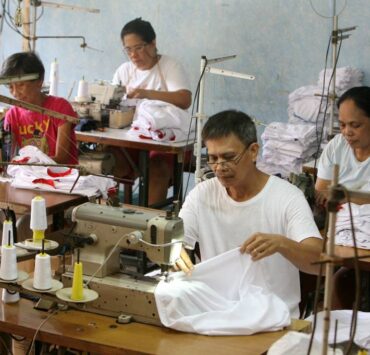Mining data for better governance

It had often been said: Data is the new gold. But unlike the precious metal that is a finite asset, data is inexhaustible. There is an endless supply of information that can be used, reused, or repurposed to serve a myriad of purposes, such as forming the basis for the formulation of consequential government policies.
Unfortunately, this valuable and abundant resource is not being maximized or put to full use by local government units, as lamented recently by Dan Bantugan, health education and promotions officer of the Bohol Provincial Health Office. Bantugan shared that the province regularly collects all kinds of information regarding health, such as the condition of local children and their mothers to identify malnutrition cases.
Other offices, meanwhile, regularly track tourist arrivals and occupancy levels at resorts and hotels, important data indeed for Bohol that is becoming a major tourist destination for locals and foreigners. However, these have remained just bits of scattered and random yet important information that are not being analyzed for effective policymaking.
“[Data] are just collected and submitted to the national level or regional level,” Bantugan said during a forum held by the Department of Science and Technology (DOST), adding that they don’t analyze the data.
Actionable information
These local public officials, however, are very well aware of the potential of data analysis to improve the delivery of public services, from health to education, livelihood development, agriculture, and even disaster preparedness and climate change mitigation. The right data can also provide vital provincial statistics, such as the sectors that power their local economy, population size, land area devoted to agriculture and commercial activity and the number of registered businesses.
These are all valuable inputs that can be incorporated in their local economic development plans. With the right data, local government officials will be better equipped to come up with targeted and strategic interventions to address the most significant problems confronting their community.
The Bohol officials have thus issued an urgent call for help from academics, analysts, and experts from the national government to make sense of the data that they religiously collect and transform them into actionable information. It’s a call that resonates among local government units who are closest to the people and therefore in a position to deliver the best public service with the help of accurate data and incisive analysis.
Standard of living
Eastern Samar Gov. Ralph Vincent Evardone, for example, said in his inaugural address that he intends to harness information and the latest in technology to, among others, increase agricultural production considering that a sizable portion of the province’s population are farmers and fishermen.
“With data analysis, we can evaluate the results of previous programs to develop more targeted programs. For example, we have an artificial insemination program. If we’re able to collect data on which animals deliver the best results,” said Evardone, “We can also use data to track the progress of the beneficiaries of existing programs such as for scholarships.”
Evardone stressed the applications are indeed numerous, but he needs help, a sentiment surely shared by other local government leaders who are sincere in their commitment to raise the standard of living of their constituents. Thus, if the national government wants to ensure that national government programs are felt at the grassroots, then it would do well to heed the growing clamor to bring data science tools to the front lines of public service.
The government does not have to start from scratch as the DOST has already taken giant steps in this general direction that just have to be disseminated and then implemented by local governments.
Complex urban problems
The DOST, for instance, has developed a “Framework for Smart Sustainable Communities and Cities” that precisely build data infrastructure and integrate them to spur innovations and help solve complex urban problems such as solid waste management, disaster response, and health and education gaps. At the heart of this program is the effective use of data.
“When communities make their data truly accessible, transparent, usable, and secured, their decision-making processes become transparent, empowering citizens and strengthening the relationship between residents and public organizations,” the DOST said, adding that “Data is the new ‘oil’ which drive smart cities today.”
Clearly, there is universal agreement that transforming information into useful insights is the way to go to take public service delivery to another level. With advanced technology at everyone’s fingertips, all that is left to do now if for the entire government machinery to turn that growing aspiration into reality so that Filipino citizens can get better services to improve their lives.





















